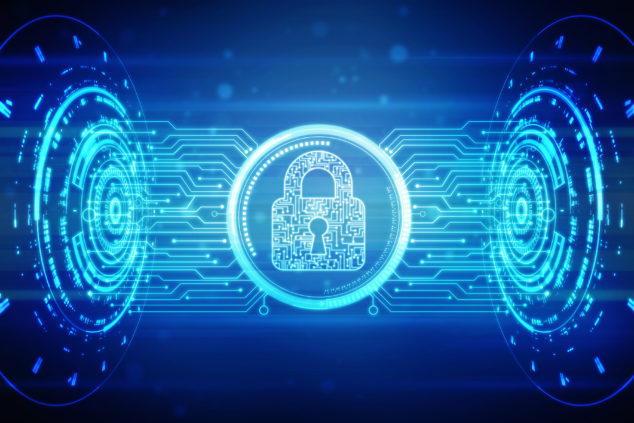
Cybersecurity experts have reason to believe that next-generation quantum computers will have the processing power needed to break classic encryption, the process used to encode and protect the confidential information of a company.
The repercussions, if this turns out to be accurate, would be severe for modern technology users as should encryption algorithms be bypassed, it would allow hackers the ability to access information from all apps and websites that use modern encryption tools, meaning every single app rendering all these apps as unreliable.
Ready for the future?
Fortunately, the research community is prepared for the advancements of quantum computers and has begun working to create more robust encryption algorithms that can fend off the encryption-breaking efforts of the newer quantum computing systems.
The US National Institute of Standards and Technology is one such organization that has started to develop algorithms for “post-quantum cryptography.” The aim of this cryptography is to create a variety of cryptographic systems that can withstand cyberattacks conducted on both modern and quantum computers.
NIST is another such organization that has already begun soliciting, evaluating, and standardizing one or more quantum-resistant public-key cryptographic algorithms. NIST believes that within twenty years, large quantum computers will be able to break almost all public encryption schemes used currently, and thus we must prepare accordingly.
Although quantum computing and encryption are essential tools needed to protect organizations from cyber threats, the switch from current computer systems to post-quantum cryptography will not be an easy feat. In fact, the delay in adapting to the differing technology could allow threat actors the advantage to carry out their notorious activities while companies work to adapt to the new environment.
Another risk involved with next-generation quantum computers is the fact that threat actors can collect large amounts of protected traffic now and crack it later on as quantum computers expose a wide range of sensitive information, meaning the content obtained today can be revealed within a few decades, resulting in state and organization secrets being out in the open.
Is it possible to prevent the disruptive use of quantum computers?
The difference between Post-Quantum Cryptography (PQC) and Quantum Cryptography is that PQC is the process of creating cryptographic solutions that can be used by modern computers to make them resistant to both conventional and quantum cryptanalysis, while Quantum Cryptography is the use of cryptographic keys that utilize quantum physics to provide certain cybersecurity services.
Experts agree that the best solution against the threat that quantum computers provide to modern computers would be to use PQC.
Most research teams and scientists are hard at work developing PQC algorithms to ensure the safety of our systems. However, even the most robust of systems will not have a simplistic or time-effective adoption period.
NIST claims that until all components of a system are ready to process the replacement algorithms, cryptographic algorithms cannot be installed. Updates need to be regularly implemented when introducing new cryptographic algorithms, and despite all this, algorithm replacement may take decades to complete.
There are five main families of quantum-resistant cryptographic algorithms, according to a study published by ENISA in May 2021, that are said to be the best processes to provide post-quantum security resilience. These are:
- Code-based
- Isogeny-based
- Hash-based
- Lattice-based
- Multivariate-based
ENISA experts say that the best protection against cyberattacks would be to use hybrid implementations, meaning a combination of pre-quantum and post-quantum schemes as well as mixing pre-shared keys into all keys through public-key cryptography, which will create attack resistant systems.
It is likely that in the future, governments will decide on post‐quantum cryptography standards, which will then be the requirement for all public and private organizations. Thus, businesses must be prepared to incorporate such measures in the near future to protect themselves from quantum-based attacks.
